I’m thankful that my life doth not deceive
Itself with a low loftiness, half height,
And think it soars when still it dip its way
Beneath the clouds on noiseless pinion
Like the crow or owl, but it doth know
The full extent of all its trivialness,
Compared with the splendid heights above.
See how it waits to watch the mail come in
While ’hind its back the sun goes out perchance.
And yet their lumbering cart brings me no word,
Not one scrawled leaf such as my neighbors get
To cheer them with the slight events forsooth,
Faint ups and downs of their far distant friends—
And now ’tis passed. What next? See the long train
Of teams wreathed in dust, their atmosphere;
Shall I attend until the last is passed?
Else why these ears that hear the leader’s bells
Or eyes that link me in procession?
But hark! the drowsy day has done its task,
Far in yon hazy field where stands a barn,
Unanxious hens improve the sultry hour
And with contented voice now brag their deed—
A new laid egg—Now let the day decline—
They’ll lay another by tomorrow’s sun.
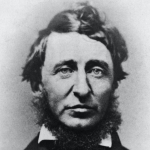





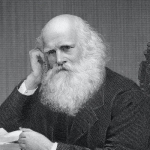

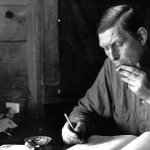
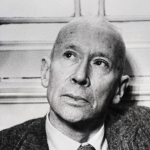




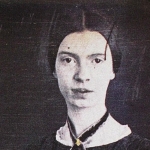


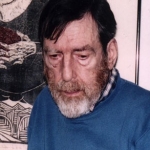

Comment form: